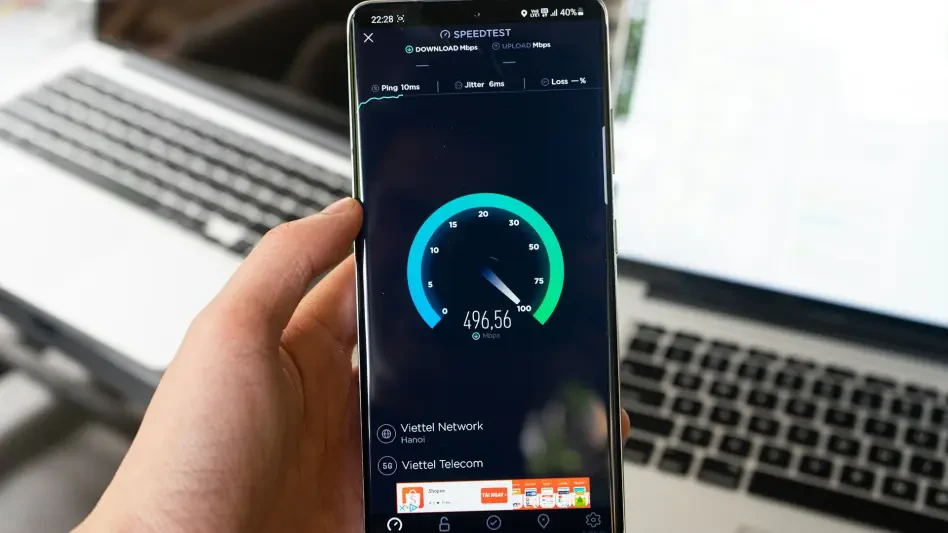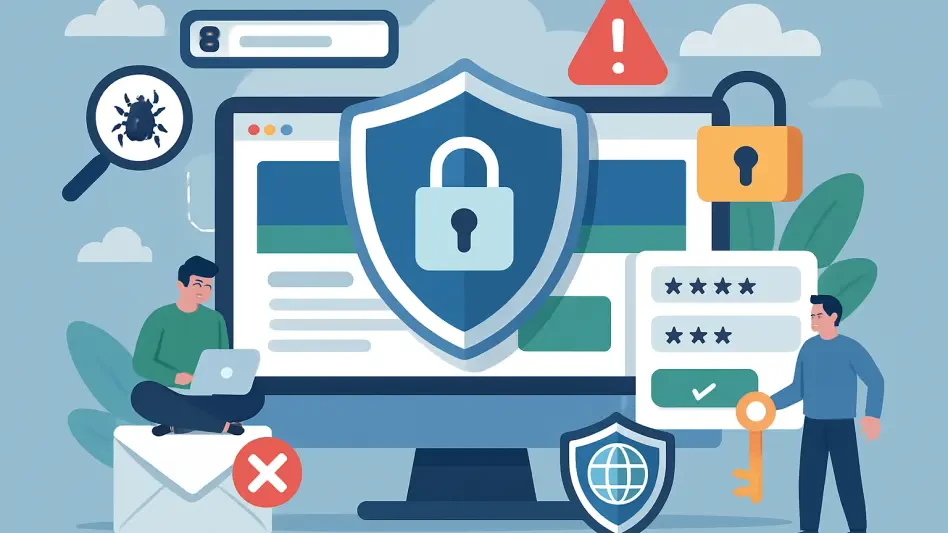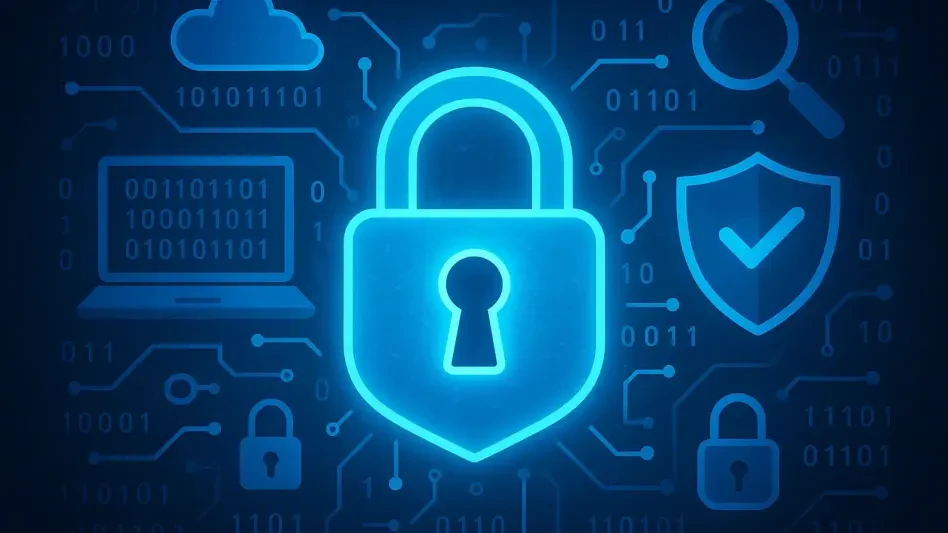The U.K. government’s Investigatory Powers Act, sometimes called the “Snooper’s Charter, ” was passed in 2016. This law lets authorities issue Technical Capability Notices, which can require tech companies to change their products or services so police can access user data.
Recent reports say the U.K. Home Office asked Apple for this kind of order. The goal would be to bypass end-to-end encryption for iCloud data.
A Home Office spokesperson did not say yes or no to the request. They explained that the agency does not talk about operational matters.
The Investigatory Powers Act’s authority covers more than U.K. residents. Any data moving through British servers is included, no matter where the user lives. This differs from older systems, which usually require governments to ask for access to specific accounts using mutual legal assistance treaties.
Apple’s transparency reports reveal that since 2020, the company complied with only four of over 6,000 non-Investigatory Powers Act requests from U.K. authorities for iCloud data, citing insufficient justification in most cases. The Investigatory Powers Act’s potential application introduces a broader mandate—and that’s blanket access to encrypted files stored in Apple’s cloud infrastructure.
Apple’s Encryption Framework and Data Protection
Apple protects user privacy by using two main tools: End-to-end encryption and its own Data Protection system.
End-to-end encryption makes sure data—like iMessages or iCloud backups—can only be seen by the user and people they allow.
The Data Protection architecture, integrated into devices featuring Apple’s custom silicon (e.g., A-series or M-series chips), encrypts files stored locally on flash memory. Each file is tied to a unique, per-file key, which itself is encrypted by a class key tied to the user’s passcode. This layered encryption model stops unapproved access—even Apple can’t get in.
Apple’s public stance on privacy has been consistent. CEO Tim Cook has repeatedly emphasized privacy as a “fundamental human right” in speeches, shareholder meetings, and policy documents. The company’s 2021 Environmental, Social, and Governance (ESG) report explicitly states that it designs products to minimize data collection, a practice it attributes to user trust.
Recent research details how iCloud Advanced Data Protection, an opt-in feature introduced in 2022, extends end-to-end encryption to 23 data categories, including device backups and Notes. For accounts with this feature enabled, Apple cannot assist law enforcement in accessing data, even with a valid legal order.
Legal Challenges and Operational Barriers
Section 253 of the Investigatory Powers Act lets the U.K. Secretary of State issue Technical Capability Notices. These notices force companies to remove “electronic protection” (like encryption) from communications. Compliance could involve creating a modified version of the iPhone Operating System or iCloud that bypasses encryption for U.K.-targeted accounts. Apple has historically resisted such demands.
In 2016, the company declined a U.S. Federal Bureau of Investigation request to unlock an iPhone used by a suspect in the San Bernardino shooting, citing risks to global user security.
Legal experts note that the Investigatory Powers Act’s global scope creates jurisdictional conflicts. Apple operates under U.S. laws, including the Communications Assistance for Law Enforcement Act, which prohibits mandates for encryption backdoors.
A 2023 Congressional Research Service report concluded that compliance with foreign orders undermining encryption could violate U.S. export controls and First Amendment protections for software code. The U.K. government, however, asserts that the Investigatory Powers Act includes safeguards against abuse, such as judicial oversight by the Investigatory Powers Commissioner.
Technical feasibility presents additional hurdles. Apple’s encryption model relies on hardware-based Secure Enclaves, which generate and store cryptographic keys independently of the main operating system.
Changing this system to let others access it would need major changes in how it’s built. This might create weaknesses—small mistakes in encryption could let hackers attack billions of devices from anywhere.
Broader Implications and Industry Response
The U.K.’s demand reflects a growing trend among governments to prioritize law enforcement access over encryption. Apple rolled out a system to help find child sexual abuse images. They said every iPhone would keep a list of special digital codes, called hashes, that match pictures flagged by groups like the National Center for Missing & Exploited Children.
Advocacy groups, including the Electronic Frontier Foundation and Privacy International, argue such measures disproportionately harm at-risk populations, including journalists and dissidents.
Apple’s response will likely influence broader industry practices. In 2021, the company postponed plans to scan iCloud Photos for child sexual abuse material after criticism from privacy advocates. Then, Apple published a transparency report detailing government demands for encryption bypasses, though the proposal was voted down. Competitors like Signal and Proton have pledged to exit markets requiring encryption compromises, but Apple’s global infrastructure makes such a step impractical.
The U.K. government maintains that its requests are necessary to combat terrorism and organized crime.
Encryption as a Technical and Ethical Standard
The disagreement between Apple and the U.K. government shows the technical and ethical challenges tied to modern encryption. Apple’s infrastructure, built around hardware-rooted security and user-controlled keys, reflects a deliberate choice to prioritize privacy as a default setting. The Investigatory Powers Act’s requirements challenge this model by seeking systemic exceptions for law enforcement.
Legal precedents offer limited guidance. The 2016 Federal Bureau of Investigation-Apple case ended without resolution when the Federal Bureau of Investigation paid a third party to unlock the device. In 2020, the U.S. Department of Justice ended a similar case against Facebook after the company improved its encryption protocols. The U.K. case could decide if governments have the power to force changes to how consumer technology products are built by threatening fines or bans.
Outcomes will depend on legal authority, technical limits, and public support. Governments worldwide are making encryption rules, with the Apple-U.K. dispute showing the struggle between security and digital rights.
This conflict highlights how hard it is to balance government safety needs with personal privacy. The result could set new rules for future cases, shaping how privacy works in a connected world.
As countries juggle these issues, the case shows bigger challenges: Giving law enforcement access while keeping encryption strong, handling international legal conflicts, and keeping public trust. Its outcome could change how freedoms are protected while fighting digital threats.







